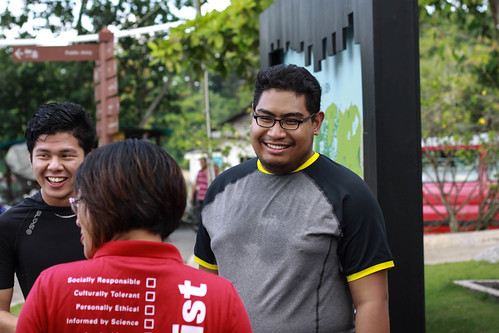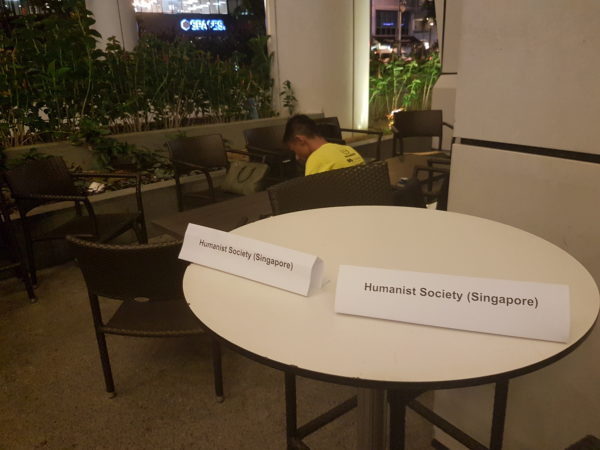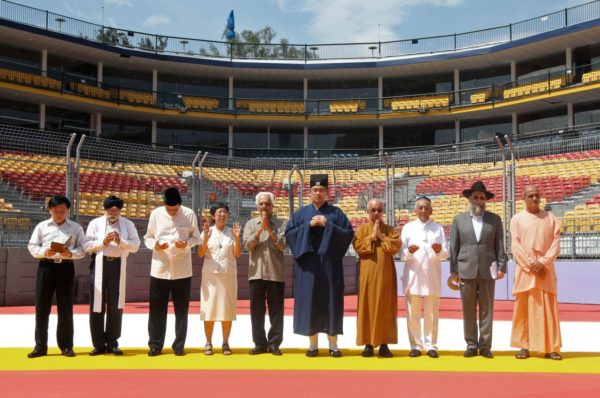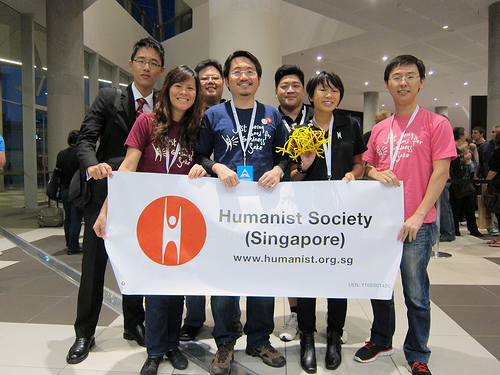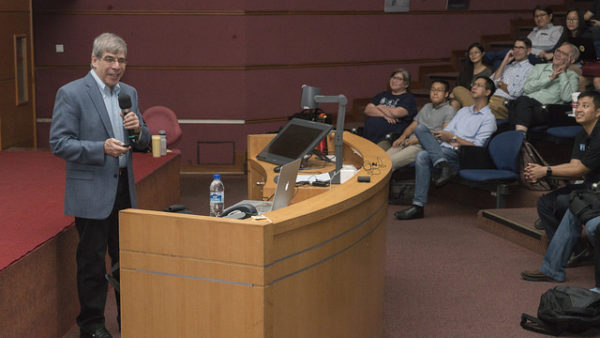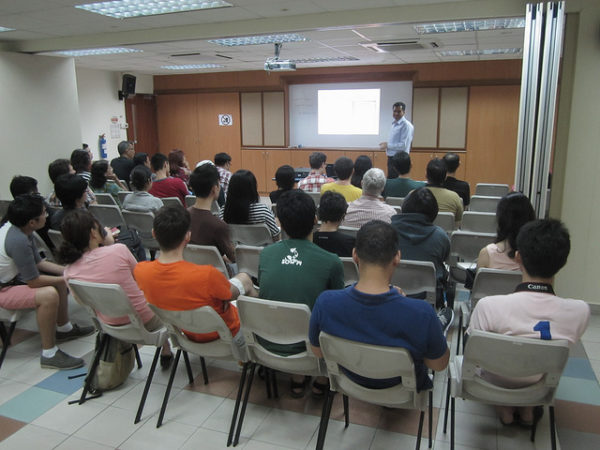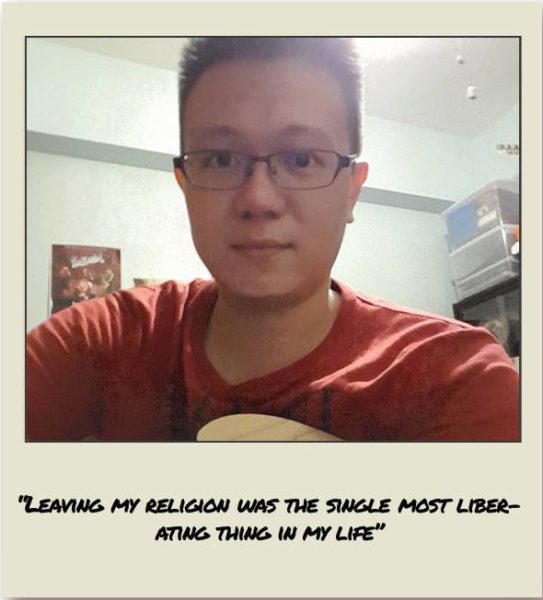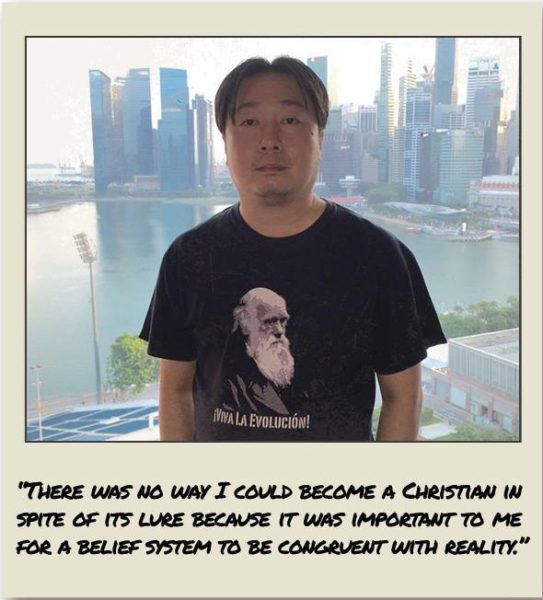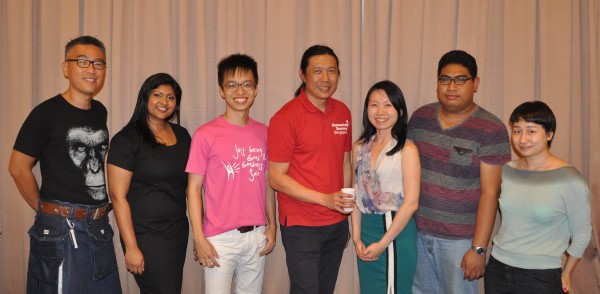
Date
04/03/2017
Time
3:00 pm – 5:00 pm
Location
OnePeople.sg
381 Lorong 1 Toa Payoh S319758
Singapore
- Introduction by President
- Events and Activities in 2016/17
- Press and media coverage in 2016/17
- Auditor and Treasurer’s report
- Constitutional ammendments
- Election of New committee members
- Vice-President
- Secretary
- Committee Member
To attend the AGM, you must be a member of HumanistSG. You can sign up https://humanist.org.sg/membership-faq/membership/ on the day of the AGM or renew your membership to attend the AGM.
For members who wish to vote for committee members, but are unable to attend the AGM, please e-mail secretary@humanist.org.sg to request to vote by proxy. We will forward details concerning the nominees and further information about proxy voting to you by further e-mail.




